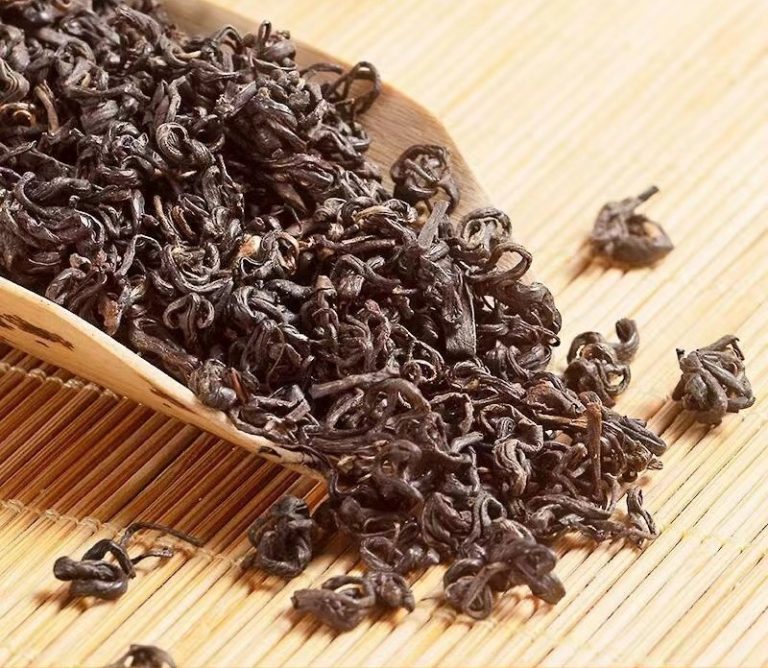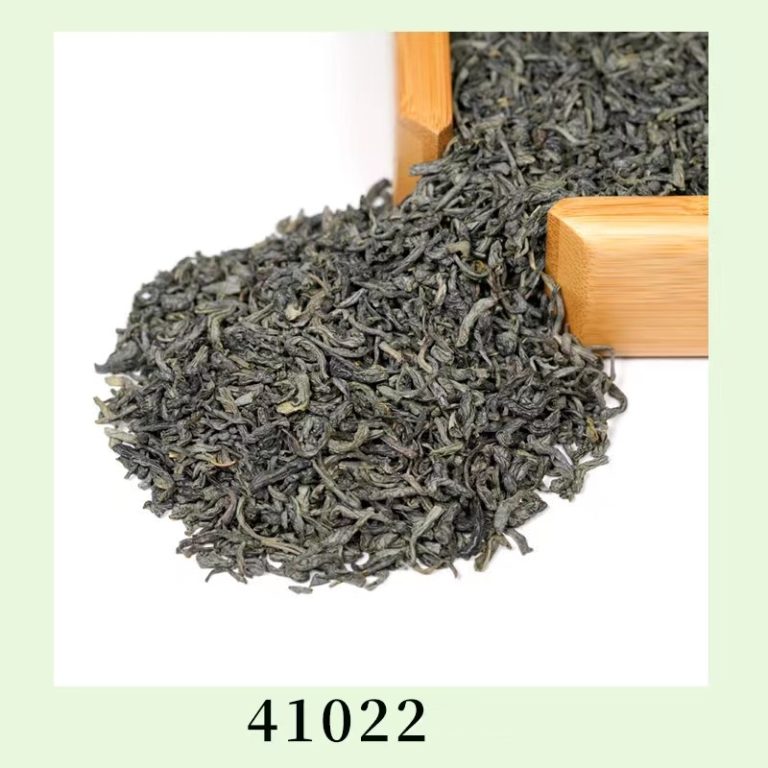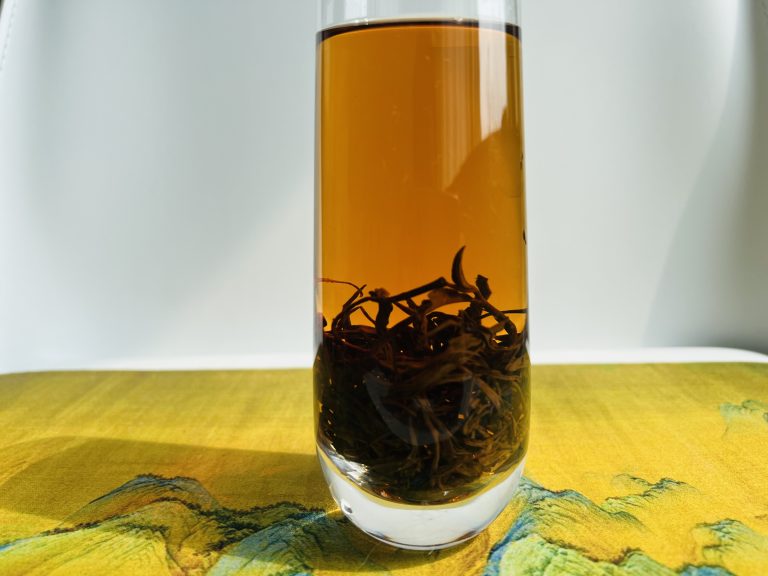シュウ酸は生体の代謝産物であり、尿中シュウ酸カルシウム結石の主成分です。人体内ではカルシウムイオンとシュウ酸カルシウムが生成されやすく、腎臓結石の原因となります。
第二に、人体におけるシュウ酸の主な供給源は 2 つあります
Table of Contents
2 、体内の代謝によって形成されるシュウ酸、シュウ酸自体は人体の正常な代謝産物の 1 つ、つまり内因性シュウ酸です。体内のシュウ酸の生成は主に次の 2 つの形式に基づいており、1 つはビタミン C からシュウ酸への直接変換で約 40% を占め、もう 1 つはグリオキシル酸の代謝によって生成され、約 40 ~ 50% を占めます。 。体内の内因性シュウ酸の量は非常に少なく、私たちの体が得るシュウ酸のほとんどは外部からの摂取によるものです。
シュウ酸の化学分子構造式
第三、シュウ酸と結石の発生条件
第四に、牛乳がシュウ酸カルシウムの吸収を妨げる仕組み
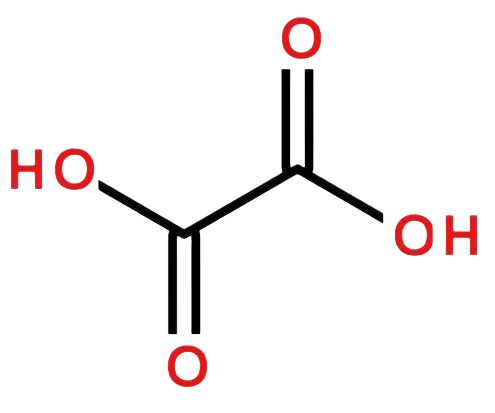
牛乳は天然のカルシウム物質であり、関連研究によると、適切な量のカルシウムサプリメントを摂取すると、カルシウムは腸内でシュウ酸と不溶性シュウ酸カルシウムを形成し、その後糞便とともに排泄され、腸内でのシュウ酸の吸収を避けることができます。胃腸管内のシュウ酸含有量を減らし、結石形成のリスクを軽減します。したがって、「お茶を飲むと腎臓結石を引き起こす可能性があるので牛乳を飲んではいけない」ということは支持できません。実際、中国のチベットやモンゴル、あるいはミルクティーを飲むのが人気のイギリスで腎臓結石の発生率が高いことを指摘した研究はない。英国における腎臓結石の発生率でさえわずか 2 ~ 3% であり、有病率の 9 ~ 10% よりもはるかに低いです。第五に、ミルクはお茶の力を打ち消す?
紅茶を飲むことが心臓や老化防止に良いことは古くから知られています。しかし、牛乳を飲むとお茶の有益な成分が破壊されると考えて、お茶を飲んでも牛乳は飲めないと考える人もいます。お茶を飲むと動脈壁の収縮能力が高まり、それによって血流の速度が速くなるという考えですが、牛乳はこの有益な効果を完全にブロックします。実際、牛乳はお茶に含まれるポリフェノールの吸収に影響を与えません。牛乳を加えても、結果として茶ポリフェノールが減少することはありません。紅茶を飲むのが最も好きなイギリス人がその最たる例です。紅茶にはミルクを加えますが、紅茶にミルクを加えても、老化防止効果はもちろん、心臓の健康にも悪影響を及ぼしません。
最後に、上記の分析を踏まえて
紅茶、牛乳、またはミルクティーが好きな小規模パートナーは、この懸念のために紅茶と牛乳を分離する必要はありません。上記の分析は、それらの組み合わせが依然として人体にプラスの影響を与える可能性があることも示しています。
Milk is a natural calcium substance, relevant studies have shown that the appropriate amount of calcium supplement, calcium can form insoluble calcium oxalate with oxalic acid in the intestine, and then excreted with feces, so as to avoid the absorption of oxalic acid in the gastrointestinal tract, reduce the oxalic acid content in the body, thereby reducing the risk of stone formation. Therefore, it is untenable to say that drinking tea can not drink milk because it can cause kidney stones. In fact, no study has pointed out that the incidence of kidney stones is higher in Tibet and Mongolia in China, or in the United Kingdom, where drinking milk tea is popular. Even the incidence of kidney stones in the UK is only 2-3%, far lower than the prevalence of 9-10%.
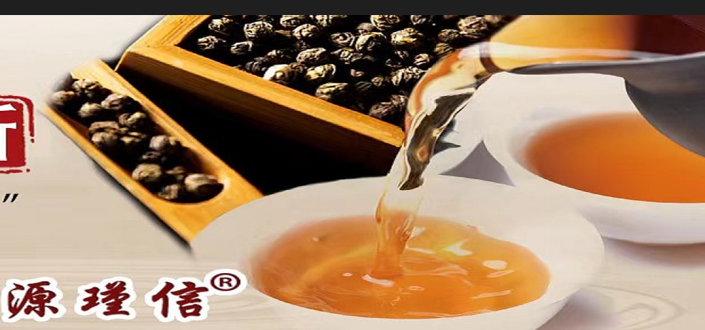
Fifth, milk destroys the power of tea?
Drinking black tea has long been known to be good for the heart and anti-aging. But some people think that drinking tea can not drink milk, thinking that drinking milk will destroy the beneficial components of tea. The idea is that drinking tea increases the ability of arterial walls to contract, thereby increasing the speed of blood flow, but milk completely blocks this beneficial effect. In fact, milk does not affect the absorption of polyphenols in tea. After adding milk, we do not get less tea polyphenols as a result. The British, who are most fond of drinking black tea, are the best example. Milk is added to tea, and adding milk to black tea does not harm heart health, let alone anti-aging effects.
Finally, based on the above analysis
It can be seen that the view of “drinking tea can not drink milk” is wrong, so milk tea does not exist as a contradiction.
Small partners who like tea, milk or milk tea do not have to isolate tea and milk because of this concern. The above analysis also says that their combination can still have a positive effect on the human body.

